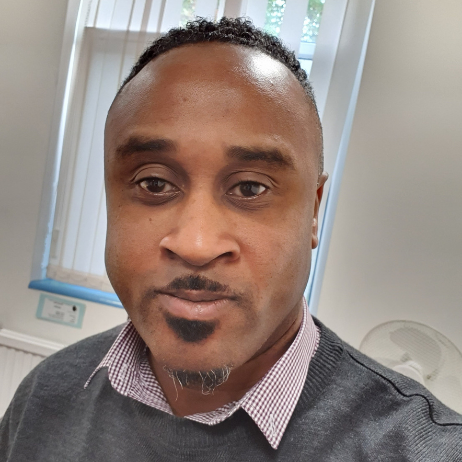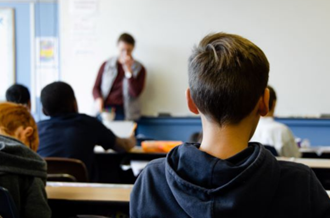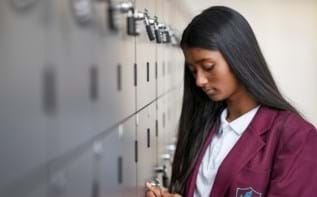Striking a balance - parenting in the 21st century
Striking a balance - parenting in the 21st century

Judah Racham
Programme Leader for Family Work - Judah is a BACP registered counsellor, and Parent-training Mentor, who joined Place2Be in 2021. He has over 7 years experience delivering counselling and therapeutic services for adults and children. Judah has been supporting parents and carers, delivering parent training and supervising parenting practitioners within local authorities and the NHS for over 17 years.
Place2Be’s Programme Leader for Family Work, Judah Racham, reflects on the challenges that parents face and the pressure of being “good enough”.
It's not easy being a parent in the 21st century, and the demands placed upon us are always increasing. Whether it be the pressure of work or family life, it’s easy to feel stressed as we attempt to do everything at once - not to mention the additional stress placed on family life as a result of the pandemic.
We all want the best for our children, but how can we meet the demands of everyday life whilst still being what is considered as a “good enough” parent? I’m sure I'm not the only one who finds it challenging.
Society’s expectations for parents have significantly changed from when our parents were raising us. Yes, my parents’ generation also had to juggle work, home, children and family life, but in terms of expectations and pressures, I don’t believe they faced the same that we do today.
When I was a child, my mum would work long hours, then come home and focus on getting dinner ready, doing laundry and housework. I have no memory of her being able to find time to sit and play with us, as she always seemed busy doing something. Most of my play interactions were with my siblings or with friends who lived nearby, but these were enjoyable memories, so I have never held any negative view of my mum for not being able to play with me.
Others may have different memories of growing up, perhaps their parents did play with them more, but it seems back then, society viewed parents as mainly the providers of children’s basic needs. Playing, or indeed anything parents did above and beyond this, would have been seen as exemplary rather than the expected norm.
I know that I need to balance how much of me I give to other aspects of my life so that I still have time and energy left for my children. Don’t get me wrong, I love being with my boys and nothing warms my heart more than the swamping of their cuddles as soon as I get through the door after a day at work - but balancing it all is not always easy, and that is without even bringing my wife into the equation.
It is important to recognise that we are doing the best we can as parents. We are all individual and have our own journeys as parents, so we shouldn’t judge ourselves on what we see other parents are doing. Instead, we should support each other and build networks with other parents – we don’t always have to try to cope on our own.
Judah is one of the experts behind our new website, Parenting Smart. From starting a new school and sibling rivalry, to sleep difficulties and meltdowns, the site is full of advice and tips to help parents of 4-11-year-olds support their children and manage their behaviour.
News & blogs

New laws expected to bring mental health improvements and school reform
Prime Minister Sir Keir Starmer has given us a glimpse of his priorities for the coming year.
Read more
Solutions for school attendance roundtable unites sector leaders
Place2Be hosted a cross-sector roundtable to discuss the impact of persistent absence and identify practical solutions.
Read more
Place2Be’s online parenting course now available to local authorities
Place2Be’s online parenting course empowers parents and carers to feel better equipped to manage the journey of parenting.
Read more



